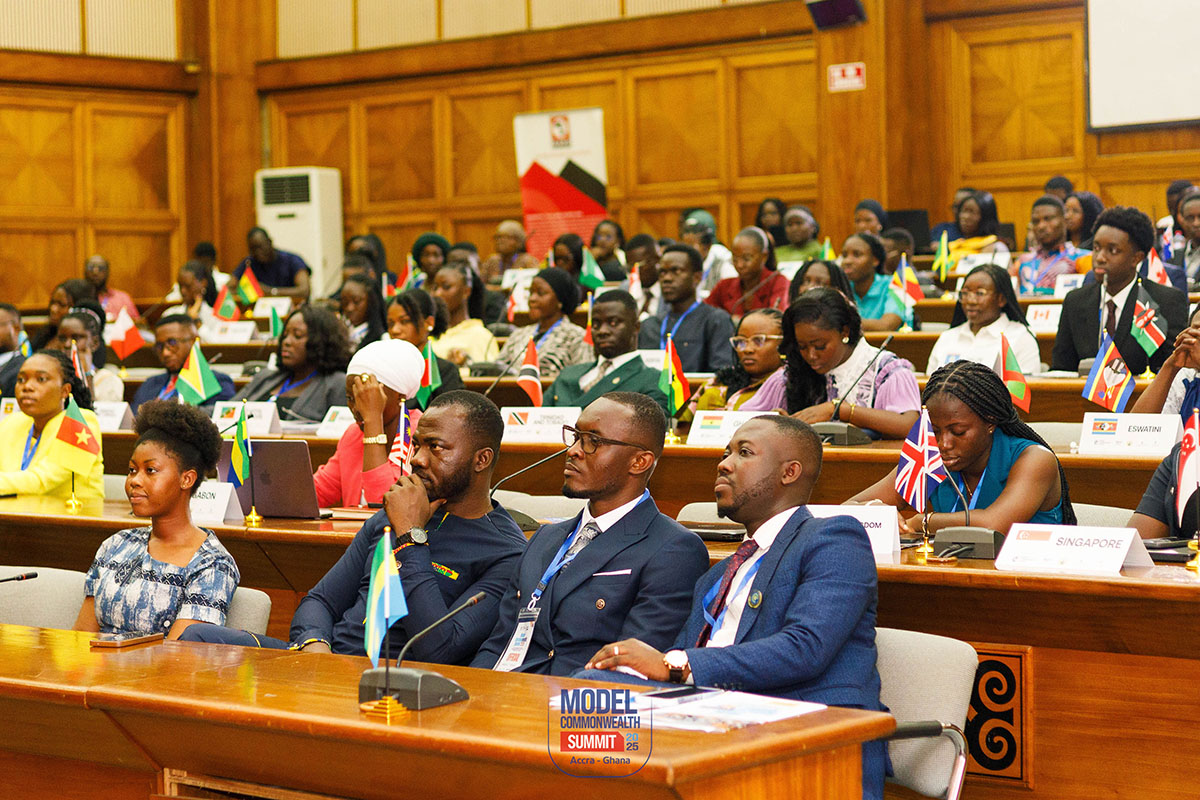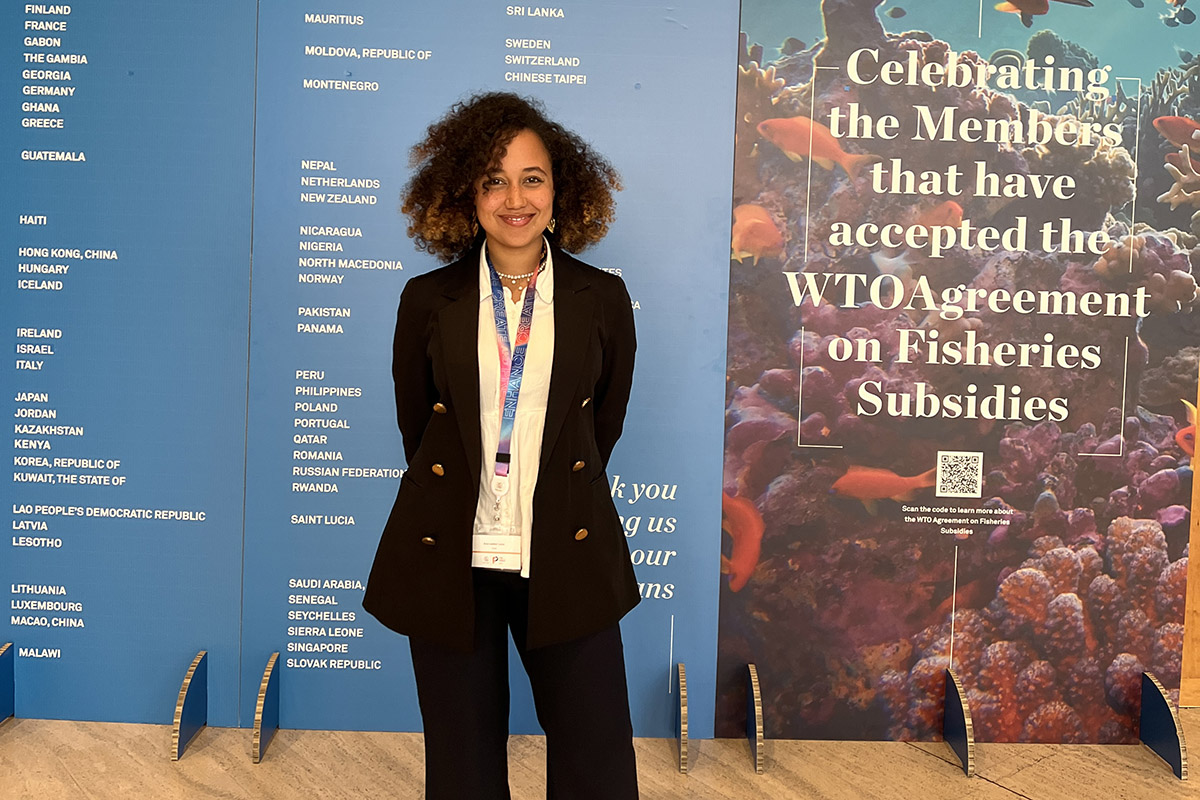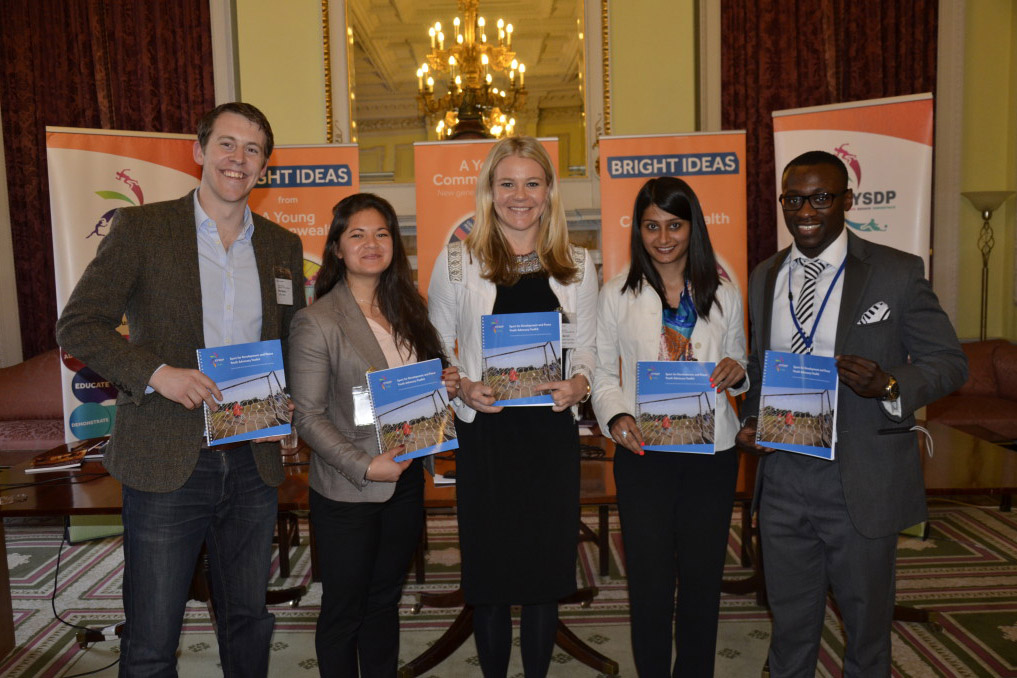Youth-Led Policy Change: Lessons from Emerging Leaders
October 12by Hadia Khan
Across the Commonwealth, young leaders are no longer waiting for change—they are shaping it. From education reforms to human rights and social inclusion, youth-led movements are redefining how policy is made. These emerging leaders are proving that participation is not just about being heard; it is about being effective in decision-making spaces once reserved for older generations.
In countries such as Kenya, youth advocates have successfully influenced education policy by pushing for digital literacy and inclusive curricula that prepare students for the future of work. Their involvement through student unions, national youth councils, and civic organizations demonstrates how informed advocacy can turn local concerns into national priorities.
Similarly, in Pakistan, the Youth Parliament initiative has given young citizens a platform to debate real policy issues—from access to education and employment to environmental sustainability. By simulating parliamentary procedures, participants learn the complexities of governance while contributing fresh perspectives that challenge traditional thinking.
In the Caribbean, youth activists have campaigned for stronger child protection laws and gender equality measures, showing that sustained engagement can lead to concrete legal reforms. These efforts reflect a growing understanding that social development cannot succeed without the participation of those most affected by its outcomes.
Digital technology has amplified this momentum. Through social media, online petitions, and virtual consultations, young people can now connect directly with policymakers. The Commonwealth Youth Council and regional networks have enabled collaboration across borders, helping young advocates exchange strategies and present united positions on global challenges such as climate change, education equity, and youth employment.
However, youth-led policy change is not without obstacles. Tokenism, lack of funding, and limited access to institutional power often hinder meaningful participation. To overcome this, governments and international organizations must move beyond symbolic inclusion and ensure youth representation in formal decision-making structures.
Leadership training and mentorship also play a vital role. Programs like the Commonwealth Youth Leadership Programme are equipping young activists with the skills to engage in policy design and negotiation. When supported with the right tools and networks, these leaders can turn ideas into legislation and passion into progress.
Youth-led policy change teaches us an essential lesson: inclusion strengthens democracy. When young people contribute to shaping laws and strategies, societies benefit from innovation, accountability, and hope. As these emerging leaders continue to challenge the status quo, they remind the world that policy is not only about power—it is about purpose.
Hadia Khan
Hadia Khan is a law candidate at the University of London with a deep interest in peace, justice, mediation, and arbitration. As a youth activist and an Indigenous voice from Kashmir, she advocates for equality, environmental resilience, and access to justice in conflict-affected regions. Her work aligns closely with the UN Sustainable Development Goals, particularly SDG 16 (Peace, Justice and Strong Institutions) and SDG 13 (Climate Action). Through her writing and advocacy, Hadia seeks to empower young people to become agents of dialogue, reform, and sustainable peace across the Commonwealth.




